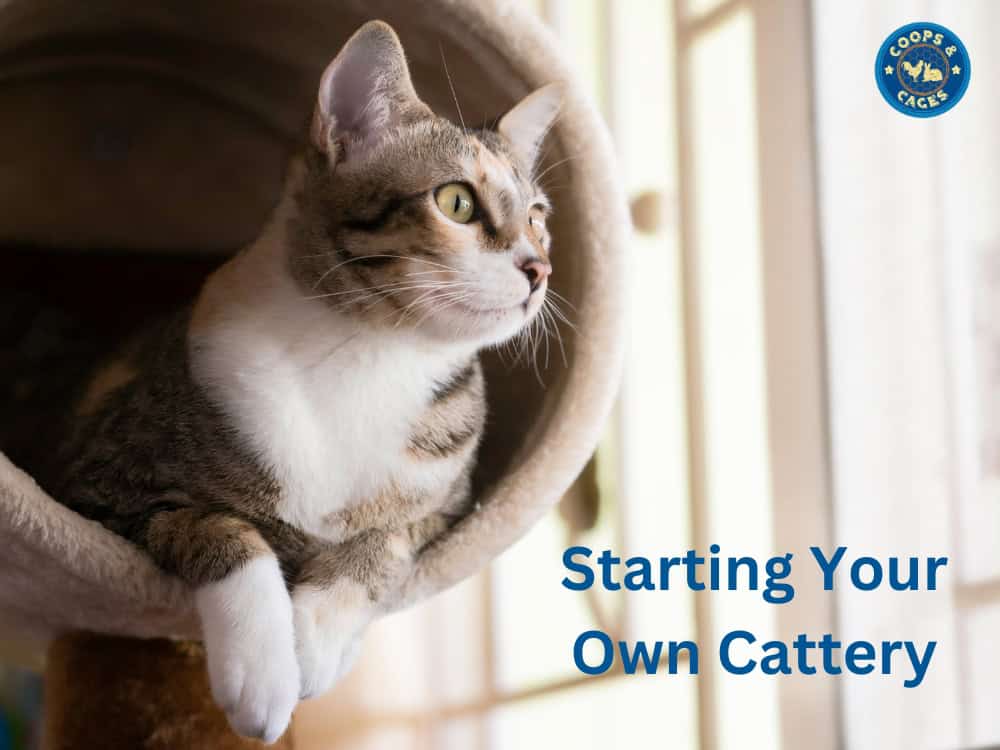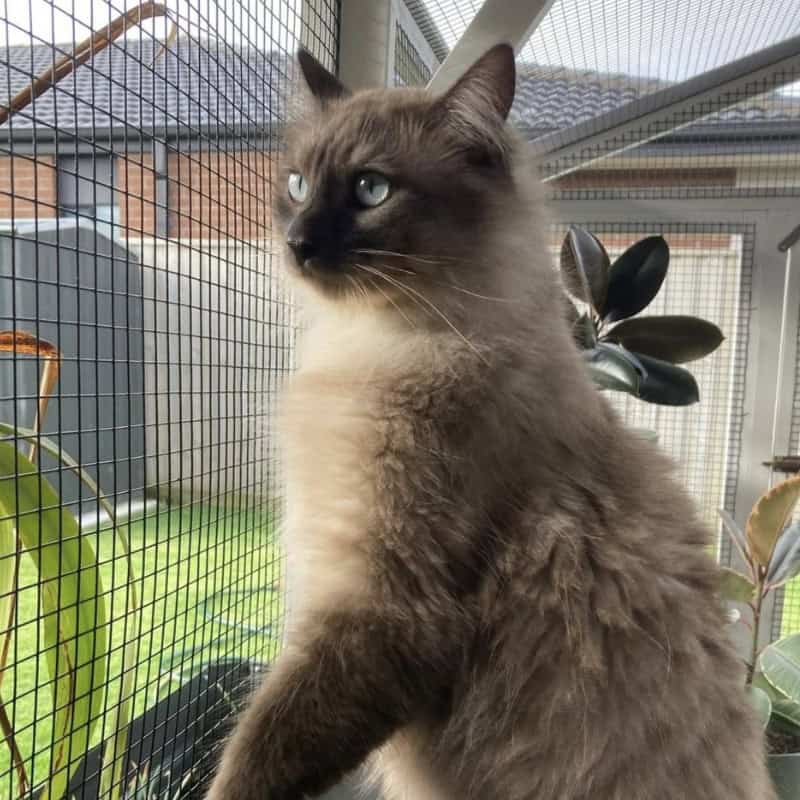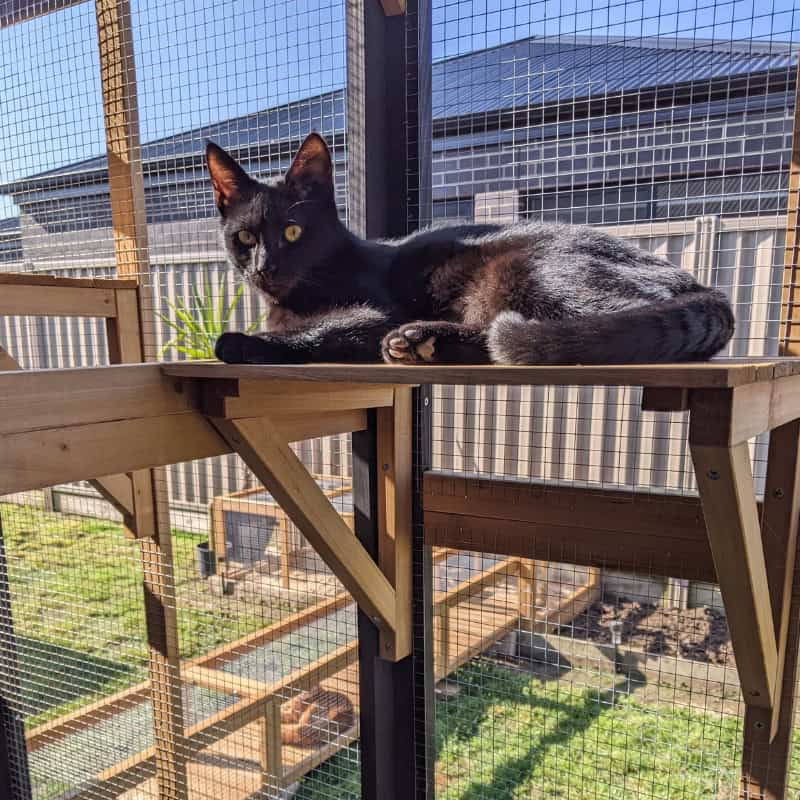Cats
Starting Your Own Cattery
If you have space, want to start a business and love cats, you should think about setting up your own cattery.
Any pet-related business requires a passion for working with animals. Often the hours are long, not necessarily well paid and you will need to deal with all kinds of situations that are not what you thought you had signed up for such as cleaning out messy cages or dealing with sick and injured animals.
Of course, there are many rewarding aspects to running your own business, especially if you have a love of felines and have an ability to deal with prospective clients.
Running your own business is a big decision and it is not for everyone. You will have to make changes to your lifestyle, you will need to have responsibility for other people’s pets, as well as financial burdens. But running your own cattery can be exciting and rewarding.
Check Local Regulations on Building and Operating a Cattery
Running a pet-related business requires some checking of local legislative and regulatory requirements that protect you and your potential clients. You should contact your local council to check on their regulations regarding boarding cats and building a cattery.
There may be planning constraints as well as limitations on the numbers of animals you are allowed to board. You may find that there are constraints on the type and size of housing that you can build and whether you can house multiple owner’s pets together.
For example, in Victoria, you are not allowed to keep cats from different owner’s together without the owner’s consent. This information is important when designing the layout of your cattery.
Designing Your Cattery
You should do some research by visiting other catteries and discussing requirements with local cat owners. This will allow you to get a feel for the type of cattery that you want to operate.
Cages and runs will need to be of an adequate size. Not all cats will be used to being indoors, so outdoor runs will be useful for them to use. The design and size of each cage and run will need to meet the guidelines set by your local council. Often these will be minimum standards that you should aim to exceed.
Some catteries operate on single units such as cat enclosures, while others provide indoor rooms divided by chicken wire pens or solid walls. These options can obviously result in different rates being charged.
Owners want the best quality of service provided for the most affordable rate. Many owners will be devoted pet owners that are looking for somewhere special for their cat to stay – can you provide this level of quality?
Obtaining Clients for Your Cattery
You may be in direct competition with other catteries in the district, so you will need to do some research on charges and services that are provided. Is there something special about your cattery that clients are not offered elsewhere? These sorts of things are referred to as unique selling points and might make the difference between a prospective client using your cattery rather than another.
Any business needs to have some marketing exposure. Try to work with local pet shops, vets and other pet-related businesses so that you can promote your cattery with posters and information about your services clearly on display. Offer returning customers incentives and special rates for quiet times of the year so that you can have business all year round and not just at the busy holiday periods.
Consider professional membership in the Pet Industry Association of Australia and other related bodies that help your business appear more accredited and reliable.
You need to be passionate, interested and dedicated to your business. Learning as much as you can about cattery standards, cat welfare and having a desire to run a great business will go a long way towards you receiving recommendations among cat owners who will want to use your services.
Keeping Cattery Records
Like any business, you will need to keep adequate records for the purposes of budgeting and maintaining your business.
You should also think about the requirements of record keeping relating to your customers and their pets. Try to maintain records specific to each cat and its owner. Obtain customer details including emergency contacts, details of their preferred veterinary services, their pet’s insurance policy, inoculation history, health issues, dietary requirements, medication, as well as any other information that you feel is necessary.
You will also need to keep a record of infection and disease control measures and should have some measures for quarantine for any pets that become ill while they are within your care. You may need to have access to a vet out of hours so that you can deal with emergencies. It is worth considering attending a first aid course designed to cater for common issues that you may come across with cats.
Try to obtain and read books about cats, their care and behaviour, as this information will help you understand more about cat breeds and keeping them healthy.
Expanding Your Cattery Business
As your business grows, you will need to consider employing staff. You should check the credentials of potential employees and ensure that you are complying with employment law. Seek out references and give your prospective employees a clear job description.
Anyone who works with animals must be keen and aware of the good and bad aspects of the job. Having someone to rely on when you are on holiday or sick can ensure that you can still operate your business.
While you may rely on pet owners for most of your trade, many catteries also deal with strays and offer feline welfare services for local councils and charities. This may suit you if you are able to deal with a range of difficult situations that may result from dealing with cats that have been mistreated. However, being able to bring cats back to health and rehome them with loving families can be rewarding for your hard work.






This was the most helpful site I’ve come across. The information provided was great and now I have an idea on how I can start a cattery myself.
Hi Emma, did you start a cattery ???
I am thinking about wanting to start one but am a little afraid, (cost, councils, )
I have the room but I also live in a residential area,
Hi,
Im thinking of starting my own very small cattery from home, I’ve been searching the internet for any information and yours is the first informative sight I’ve found since searching all week. thanks for the info.
I want to start a small boarding cattery in Yungaburra. Can you send me some info, prices and any other info that can help.